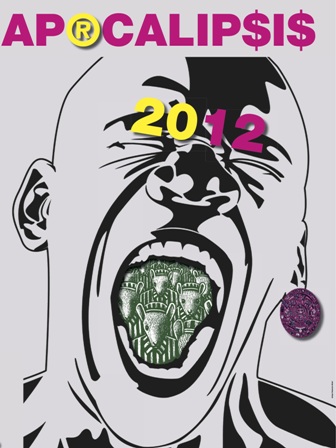Dalla distruzione alla liberazione. L’epopea della negritud in Changó, el gran putas di Manuel Zapata Olivella
DOI :
https://doi.org/10.13130/2035-7680/3077Mots-clés :
tratta, cimarronaje, negritud, indigenismo, apocalisseRésumé
The African diaspora - caused by the Atlantic slave trade - presented the same historical and spiritual features of the Biblical Exodus, but it was exacerbated by the fact that the colonial system carried out a planned cancellation of the identity of the enslaved subjects.
However, the American negro, through escapes and rebellions before the Independence and thereafter through a reworking of his ancestors' oral, musical and religious traditions, from an anonymous “pieza” strived to become a person again.
Fernando Ortiz and Alejo Carpentier, two intellectuals of European origin, during the 20th century discovered and gave dignity to the "third root of America" in the Caribbean area. At the end of the century, the slave trade and black slave’s redemption epics have been brought back up literarily by an afro-descending and militant writer.
Changó, el gran putas, by the Columbian Manuel Zapata Olivella (1920-2004), is a majestic description of the slave’s apocalypse in the Americas, in its meaning of apotastasy (i.e. the world going back to its primordial perfection, according to the prophecy of the orichas’s king), even if some Andean authors indigenistas, such as Cromwell Jara or Gregorio Martínez, have often visited the Afroamerican cosmogonic world.




